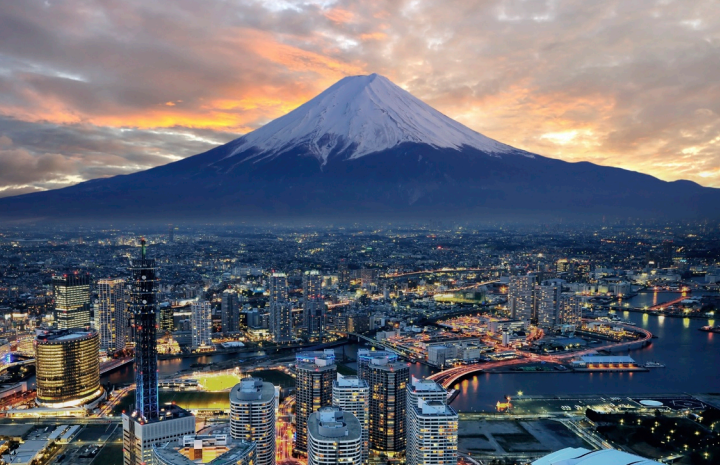
Japan’s Role as Leader for Nuclear Nonproliferation
A country with few natural resources, first Japan began to develop nuclear power technologies in 1954. Nuclear energy assisted with Japanese economic development and reconstruction post World War II. However, with the fear of lethal ash and radioactive fallout and the lingering effects from the 2011 accident at Fukushima-Daiichi Nuclear Power Plant, there are many concerns related to Japanese nonproliferation, security and nuclear policy.
In a FAS issue brief, Ms. Kazuko Goto, Research Fellow of the Ministry of Education, Culture, Sports, Science, and Technology of the Government of Japan, writes of Japan’s advancement of nuclear technologies which simultaneously benefits international nonproliferation policies.
The last remaining agreement limiting U.S. and Russian nuclear weapons has now expired. For the first time since 1972, there is no treaty-bound cap on strategic nuclear weapons.
The Pentagon’s new report provides additional context and useful perspectives on events in China that took place over the past year.
Successful NC3 modernization must do more than update hardware and software: it must integrate emerging technologies in ways that enhance resilience, ensure meaningful human control, and preserve strategic stability.
The FY2026 National Defense Authorization Act (NDAA) paints a picture of a Congress that is working to both protect and accelerate nuclear modernization programs while simultaneously lacking trust in the Pentagon and the Department of Energy to execute them.